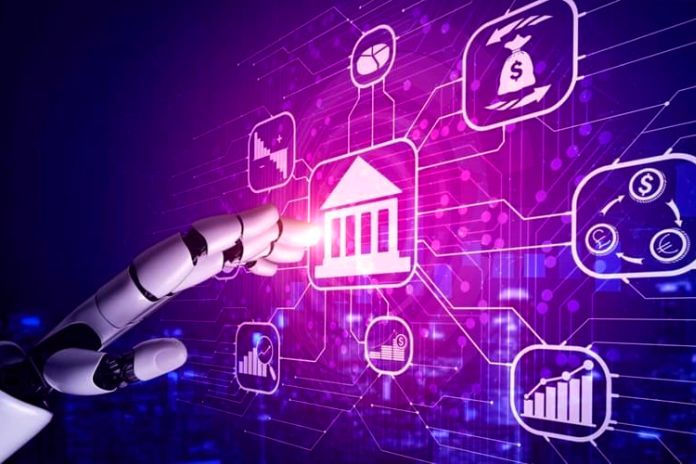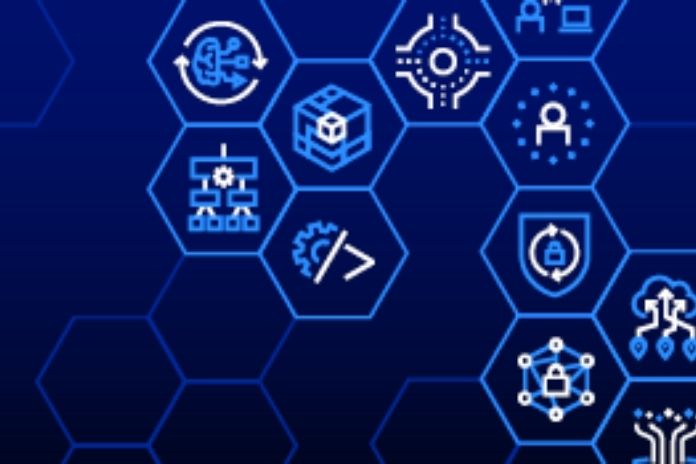Discover the revolution that systems capable of machine learning and acting in different scenarios can bring to the corporate environment.
Machine learning (or machine learning) is a technology that allows computers to learn to perform tasks and routines without necessarily having been programmed to do so.
In other words, machine learning gives the software the ability to recognize patterns, get AI capabilities, and automatically detect the best way to react to certain factors. There is no human interference in the process.
Machine learning algorithms combine statistical models, information analysis tools, and previously filtered data insertion. With the knowledge gained, machine learning can be applied to various scenarios, such as:
- image recognition;
- blocking network threats;
- ranking results on search pages;
- filtering emails with SPAM;
- autonomous vehicles;
- optical character recognition.
Currently, the main challenge those working with machine learning algorithms face is training the systems to recognize patterns. In many cases, the available data is not good enough, or a large amount of information is needed for the code to become intelligent enough to replace a human.
This is the case, for example, of the algorithms used to train vehicles to have more autonomy. As the number of factors involved in driving a car is enormous, companies in the field will still need a few years to deliver a vehicle capable of autonomously moving anywhere to consumers.
Where Do Deep Learning And Artificial Intelligence Come In?
Technologies that make the software more competent have never been more prevalent than in recent years. Thanks to the power of Big Data and the scalability of cloud computing, researchers have not only been able to optimize several trends. Still, they have also made them accessible to the corporate environment. Among these trends are artificial intelligence, deep learning and machine learning. But how do they differ?
Artificial Intelligence
Artificial intelligence is a broader term that refers to a series of methods that allow computers to be more intelligent and respond to situations from what they have been programmed to do. Thus, machines can perform tasks autonomously, without a human needing to enter commands with each change in the environment.
Machine Learning
Machine learning, in turn, can be defined as a set of technologies integrated with artificial intelligence software so that systems can learn new routines automatically. Unlike a simple artificial intelligence algorithm, such as a robot in a game, machine learning uses a large amount of information for the code to program itself, defining new ways of action automatically.
Deep Learning
We also have deep learning, an advanced technique of machine learning. Using neural networks, deep learning can act by establishing a more significant number of connections. So, whether to learn new actions or understand the environment around you, the software has a behavior closer to the human. Deep learning is, therefore, a more complex form of machine learning.
How Does Machine Learning Affect Your Business?
Systems that use machine learning techniques have great potential for the corporate market. After all, companies can generate more sales with more innovative solutions, optimize their operational chain, and precisely reduce costs.
A business that works with software development, for example, can incorporate machine learning to optimize the user experience in its applications. By learning which functions are most used by your users, systems can automatically highlight those features, increasing your productivity.
More variables can be used to create successful campaigns in planning marketing routines. Crossing information on the target audience, previous drives and business goals, the analyst can obtain innovative insights in line with the leading market trends. Thus, the business can generate leads with a higher return on investment.
This is also valid for the communication strategies of the enterprise. By evaluating many posts about a product or a brand on social networks, for example, the business will be able to identify consumer needs and preferences or even the reception of service with high precision.
What Are The Application Prospects?
In the short to medium term, machine learning could significantly impact the way business is done. The customer service industry, for example, can use chatbots to make user support policies more innovative and agile. By simulating a natural language, the so-called intelligent robots will be able to meet consumer demands and, given their ability to learn automatically, will be able to evolve on their own, reducing costs for the company.
What To Expect From Enterprise Machine Learning?
In the years to come, machine learning will continue to change the way companies across industries do business. This technology will be responsible for creating more intelligent, practical and integrated work environments.
Autonomous vehicles, for example, will reduce operational costs related to freight transport. Thus, the delivery of products will be made with greater agility, without wasting resources. In addition, the trend is for the number of accidents to fall since the software will be able to evaluate a large number of factors with the vehicle in operation.
Market analysis and trend forecasting applications will continue to be increasingly influential. By expanding the number of factors used to predict consumer behavior and creating a long history of actions, the business can better prepare to meet market demands. Consequently, the company becomes more competitive, regardless of its market.
Also Read: Artificial Intelligence Is Not A Threat!




